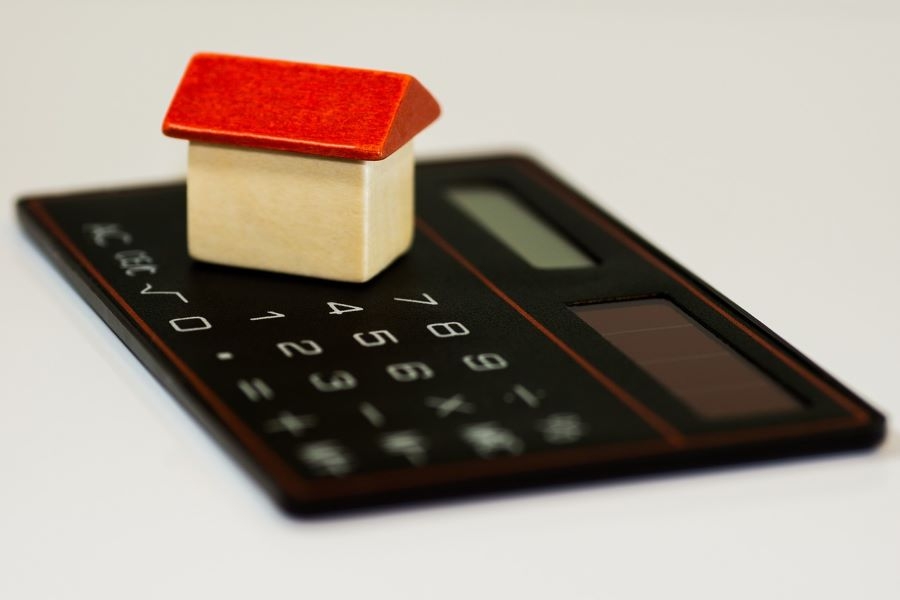The cost of living crisis is impacting millions of Americans. As interest rates have risen to push back against rampant inflation over the last two years, ordinary people have struggled to stay afloat.
In a study by the New York Times, one in four Americans in California, New York, and Florida live in homes they cannot afford. To make things worse, mortgage rates have continually risen, with little relief on the way.
Although mortgage delinquency rates have dropped from their highs in 2020, 3.5% of homeowners face delinquency today. So, what should you do if you’re facing mortgage collections?
What are Mortgage Collections?
Housing costs are one of the leading concerns on the minds of Americans. According to a poll, two-thirds of Americans said finding affordable housing, including rentals, is challenging.
Anyone who has missed a mortgage repayment faces being sent to collections. And with the average mortgage payment reaching $2,883 on a 30-year fixed mortgage, it should be no surprise this is a growing issue.
Since mortgages are like any debt, collections work the same way. Anyone in collections faces agents knocking at their doors, which can result in foreclosure and repossession. However, lenders must provide 45 days of notice before foreclosing and entering collections. Likewise, agents cannot take your possessions; they can only take your home.
Many ask, “Can you get a mortgage with collections on your record?” Yes, you can, but applicants can expect higher rates due to the perceived risk on the part of the lender.
What Happens if You Enter Mortgage Collections?
Foreclosing on a home means that your lender will repossess your property. In the first half of 2023, 185,580 foreclosure filings were made, representing a year-on-year increase of 164,581.
Several states have seen dramatic foreclosure rates in 2023. For example, North Carolina saw a 53% increase in foreclosures in Q3 2023, but what happens if your home enters collections?
Firstly, you will not be evicted immediately, but the result is that you will lose your home in the end. If the bank sells your home, you may still be on the hook for mortgage debt. This is because most foreclosed homes are sold at auction in the hope of a quick sale. And quick sales mean your home will likely be sold at a discount.
It’s not uncommon for homeowners to then find themselves filing for bankruptcy due to the additional outstanding debt.
Another issue is that all repossessions appear on your credit record. Although obtaining a mortgage with collections on your record is possible, it’s still difficult to obtain one at a reasonable rate.
Unfortunately, the leading reason for mortgage collections is homeowners ignoring the issue and failing to take proactive action.
What Can You Do to Avoid Mortgage Collections?
Mortgage collections are not guaranteed if you find yourself in financial difficulty. Debt relief companies can provide professional advice on how to negotiate the situation. However, these options only work if you act quickly.
Leave it until you are days away from foreclosure and your options narrow. The best advice is to engage with your lender as early as possible. Most lenders don’t want the hassle of repossessing your home. They want you to keep paying your mortgage, so if you explain the situation, you have a higher chance of negotiating a deal.
Some options to avoid collections include:
• Extending your mortgage term.
• Getting a payment holiday.
• Acquire a temporary interest-only mortgage.
Again, your chances of avoiding collections depend entirely on how bad your financial situation is and how quickly you act.
Tips for What to Do if You Have Entered Mortgage Collections
Let’s assume that you have already entered mortgage collections. Is your only option to begin packing your belongings and seeking housing elsewhere?
If it’s too late to renegotiate, you have two options to delay the collections process:
• File for Bankruptcy – Filing for bankruptcy provides an automatic stay that prevents foreclosure from proceeding. It’s generally recommended that you only do this if you are a day or two away from a foreclosure sale. This can give you months of breathing space to agree on an alternative to collections.
• Apply for a Loan Modification – If you have extra time to resolve the issue, apply for a loan modification. This prevents the bank from acting due to dual tracking restrictions. Dual tracking is where a bank is proceeding with foreclosure while processing a loss mitigation application. If your application is approved, the foreclosure will be stopped permanently.
Act Early and Save Your Home
Foreclosures are up, and collection activity has risen across the country. The best advice is to act early when you face repayment difficulties.
Get in touch with a debt relief agency and enlist professional help to navigate turbulent waters, and you’ll increase your chances of getting back on track.





